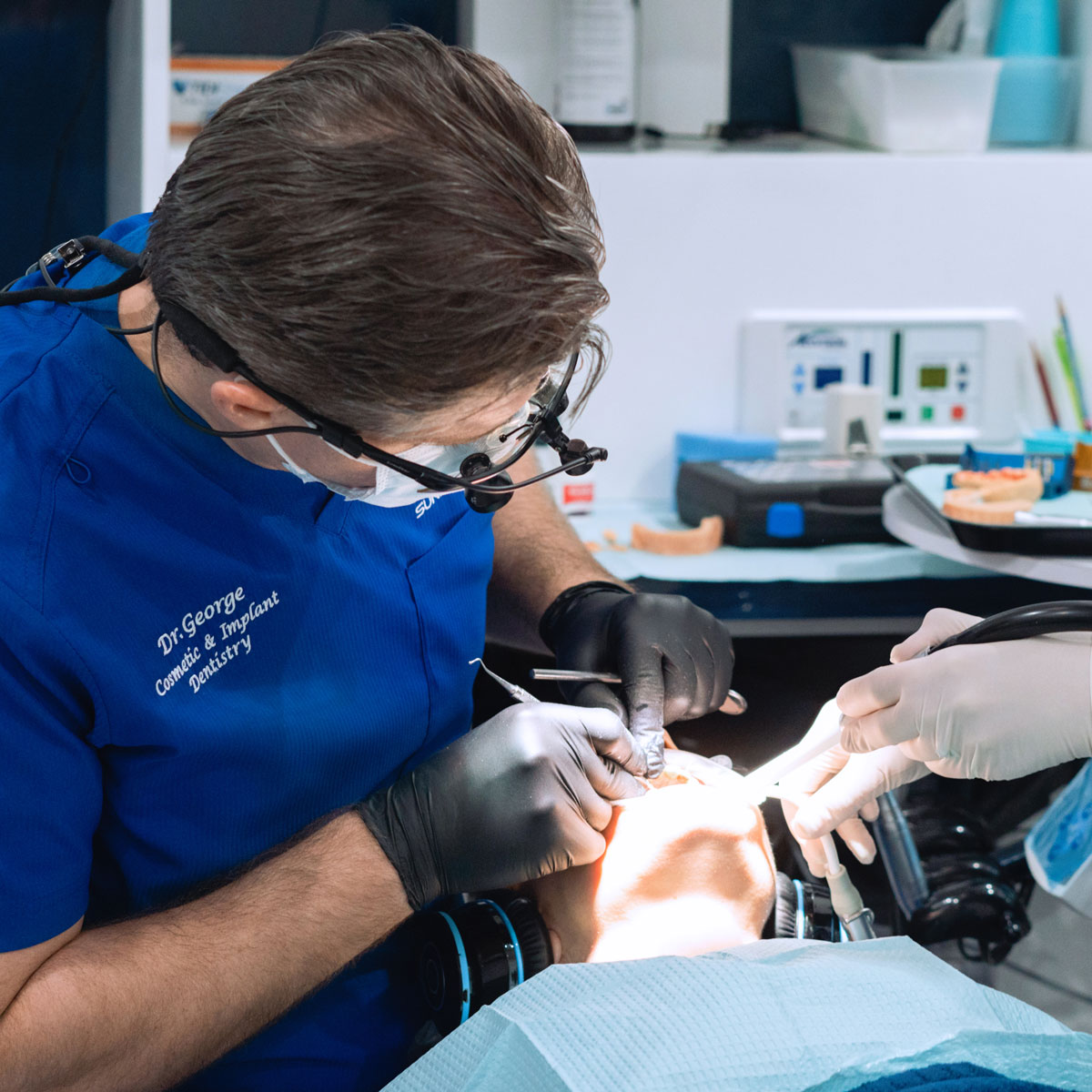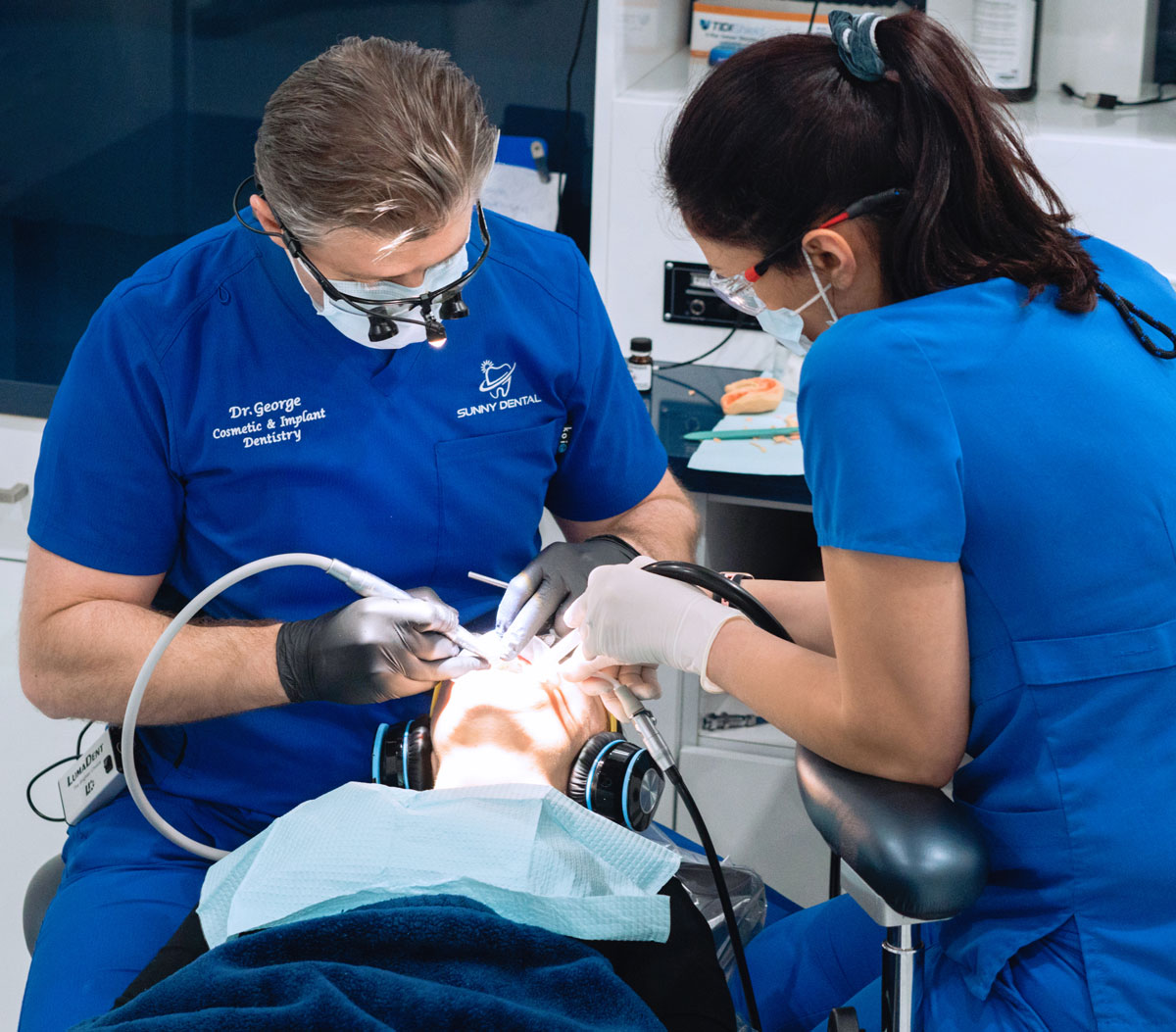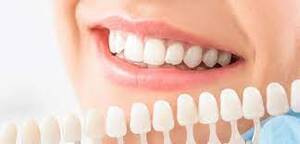Are You a Good Candidate for Dental Implants?
Posted By Victor Howard
Body
Most people are good candidates. Are you a good candidate for dental implants? It is a question that will hit your mind continuously. A dentist can replace one, several, or all of your teeth. They can place bridges or dentures as an alternative to dental implants when you don’t have enough gums. Because for dental implants, you need healthy gums and enough jawbone for support.
You may still be a good candidate for dental implants even with less jaw bone. Moreover, your dentist may recommend Dental Implants Near Me to prevent further bone loss; in these situations, dentists graft and rebuild your gums for the treatment.
Evaluation
Successful implantation starts with a thorough evaluation of the whole mouth and the health of your teeth. Your dentist uses digital scanning and X-rays to identify areas of bone loss, check the shape of the sinus carefully, and serve the location to assess your procedure accurately. You should tell your dentist about any history, medication, or drugs you use.

People At Risk of Poor Outcomes
Uncontrolled diabetes, cancer, radiation to the jaws, smoking, alcoholism, or rampant gum disease are all risk factors that can adversely affect your outcome. You may still be a good candidate for one of these diseases. Still, we’ll want to thoroughly assess your situation and work with you and your doctor to increase your overall health and functioning.
Or people with bad habits such as severe grinding or clenching of their teeth may impact your Dental Implants North Miami by exerting too much pressure and causing long-term damage.
Management of Dental Implants After the Procedure
After you have dental implant treatment, you can expect to experience:
- Swelling in your gums and face
- Minor bleeding and pain at the implant site
- Bruising around your skin and gums
Your dental surgeon will use stitches that will dissolve on their own. If your stitches aren’t self-dissolving, your doctor takes one more dental visit to remove them. Meanwhile, the dentist will prescribe you some pain killers and antibiotics.
Tips for Taking Care of Your Dental Implants
Most Dental Implants Surfside are successful for seniors, teens, and all ages people. But sometimes, your bone doesn’t fuse with your dental implants. In such circumstances, your Dental Implants Service removes them and recommends you try again after three months.

How you can care for your implants so they can last by:
- You shouldn’t compromise your dental practice and good dental hygiene by brushing and flossing regularly
- Seeing your dentist regularly at least two times a year and get regular professional cleanings treatment
- You should avoid some bad habits such as chewing on hard candy or ice or tobacco use
You should remember that all oral surgeries include a small risk of bleeding, infections, and allergic reaction. If an implant is placed near your nerves, it increases the risk of damage to your teeth and numbness. Or you are tingling in your mouth parts.
You should contact Dental Implants Dentist immediately if you are experiencing any symptoms or suspect in your dental implant.











Comments